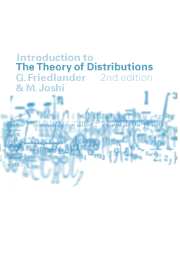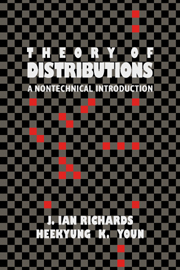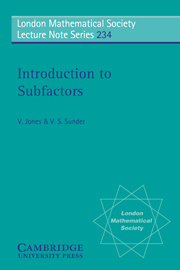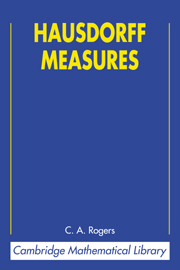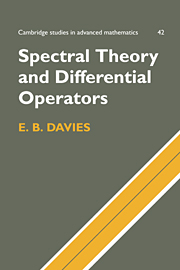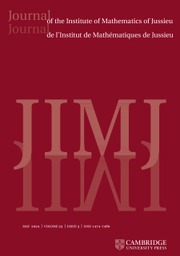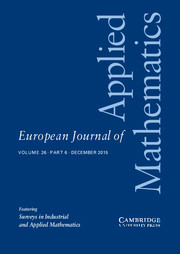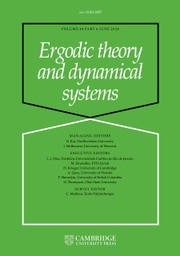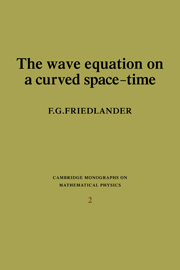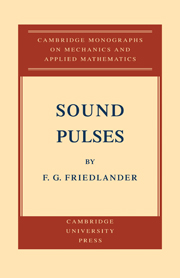Introduction to the Theory of Distributions
The theory of distributions is an extension of classical analysis which has acquired a particular importance in the field of linear partial differential equations, as well as having many other applications, for example in harmonic analysis. Underlying it is the theory of topological vector spaces, but it is possible to give a systematic presentation without presupposing a knowledge, or using more than a bare minimum, of this. This book, first published in 1999, adopts this course and is based on graduate lectures given over a number of years. The prerequisites are few, but a reasonable degree of mathematical maturity is expected of the reader, as the treatment is rigorous throughout. From the outset the theory is developed in several variables, unlike most elementary texts; it is taken as far as such important topics as Schwartz kernels, the Paley-Wiener-Schwartz theorem and Sobolev spaces.
- Friedlander is a master expositor in his subject
- New material from Joshi brings this book right up to date
- Will interest mathematical physicists as well as mathematicians
Reviews & endorsements
"...a very clear, accurate and stimulating version of an important topic, with the emphasis in the right place and with the minimum of fuss." Bulletin of the London Mathematical Society
Product details
January 1999Paperback
9780521649711
188 pages
229 × 152 × 11 mm
0.28kg
Available
Table of Contents
- 1. Test functions and distributions
- 2. Differentiation and multiplication
- 3. Distributions and compact support
- 4. Tensor products
- 5. Convolution
- 6. Distribution kernels
- 7. Co-ordinate transforms and pullbacks
- 8. Fourier transforms
- 9. Plancherel's theorem
- 10. The Fourier-Laplace transform
- Appendix. Topological vector spaces
- 11. The calculus of wavefront sets.

